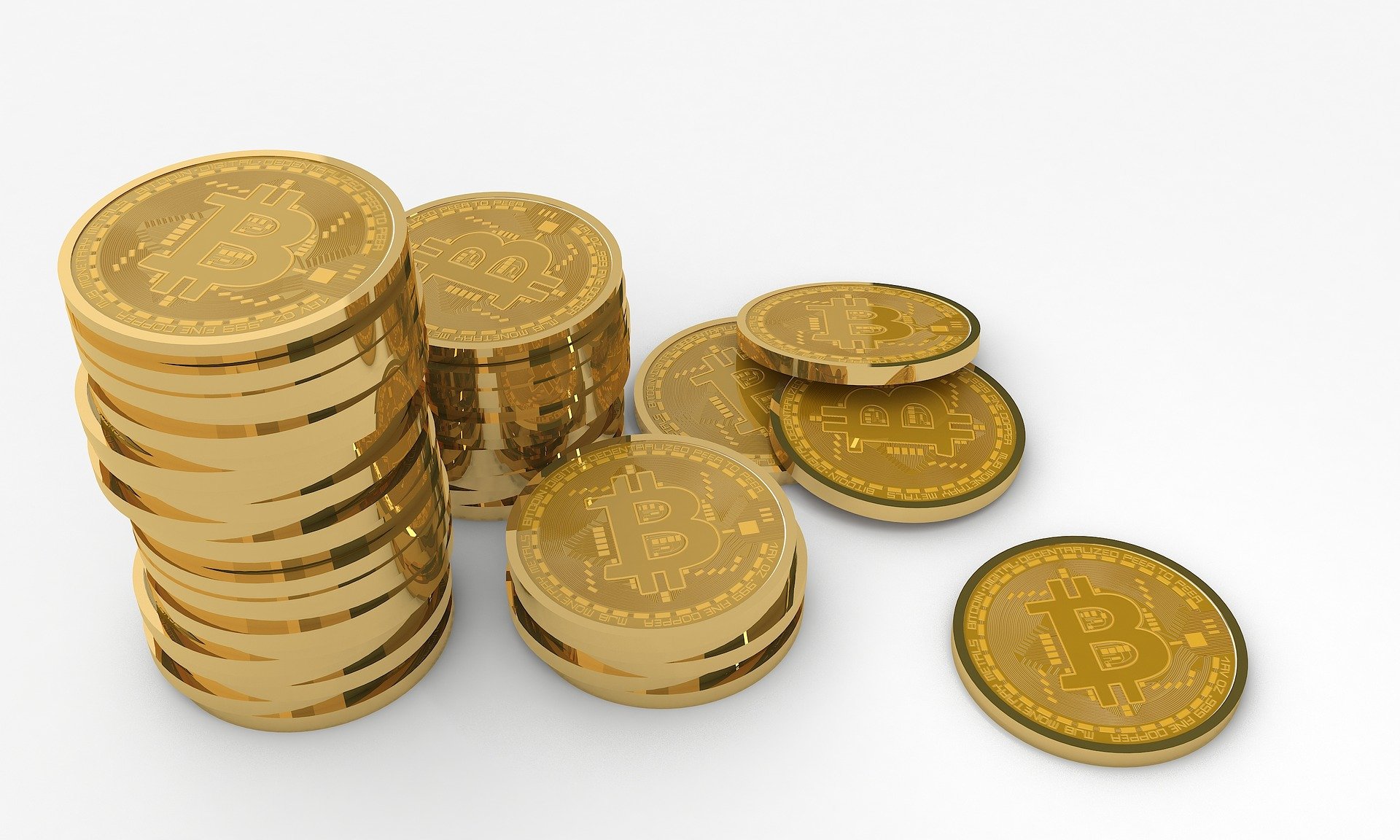

Crypto losses cannot be used for set-off, says Finance Ministry

While profits from virtual digital assets like cryptocurrencies will be taxed at 30 per cent from April 1, the Union Finance Ministry has categorically stipulated that losses from the trading of such assets cannot be used for set-off. The Ministry has also stated that the cost of mining cryptocurrencies will not be treated as cost of acquisition. This means no deduction will be available for the cost of mining cryptocurrencies under the Income Tax Act.
While doubts over taxing of crypto assets persist, key information about these aspects of the new taxation has been provided by the Finance Ministry in the Lok Sabha. Pankaj Chaudhary, the Minister of State for Finance, gave out these details on Monday while replying to a question from Congree MP Karti P Chidambaram.
No capital gains set-off
Normally, profits on account of capital gains are allowed to be set off against losses in transactions falling under the same category. This benefit results in moderation of taxation when an entity reports both capital gains as well as capital losses from different but similar transactions. This provision is not available in the case of virtual digital assets, according to the reply by Pankaj Chaudhary.
“As per the provisions of the proposed section 115BBH to the Income Tax Act, 1961 (the Act), loss from the transfer of VDA (virtual digital assets) will not be allowed to be set off against the income arising from transfer of another VDA,” Chaudhary said his written reply.
The reply also categorically states that cost of mining VDAs like cryptocurrencies will be in the nature of capital expenditure and this cannot be allowed as deduction. Since cryptocurrencies are to be taxed for the first time in India, the evolving rules are being watched with keen interest.
Also read: No plans to introduce cryptocurrency: Govt tells Rajya Sabha
The Union Government is yet to bring a bill on crypto assets and trading in VDAs remains unregulated.
While there was a strong buzz over a ban on cryptocurrency in India, the Finance Ministry sprang a surprise in the Union Budget for 2022-23 by announcing taxation of VDAs. Union Finance Minister Nirmala Sitharaman has also informed Parliament that the Reserve Bank of India will soon launch India’s own digital currency.
Mining cost is capital expenditure
“Finance Bill, 2022 has proposed to insert Section 115BBH to the Income Tax Act, 1961 to provide for taxation of income from transfer of virtual digital assets (VDA),” said Chaudhary in his written reply to Karti Chidambaram. “As per the proposed section, any income from transfer of VDA shall be taxed at the rate of 30 per cent. Further, while computing the income from transfer of VDA no deduction in respect of any expenditure (other than cost of acquisition) or allowance is allowed.
“The Bill also proposes to define VDA. If any asset falls within the proposed definition, such virtual asset will be considered as VDA for the purpose of the Act and other provisions of the Act will apply accordingly. As per the provisions of Section 115BBH, infrastructure costs incurred in ining of VDA (e.g. crypto assets) will not be treated as cost of acquisition as the same will be in the nature of capital expenditure which is not allowable as deduction as per the provisions of the Act.”
Cost of mining cryptocurrencies is considered energy intensive, resulting in significant costs in non-stop operation of servers that enable blockchain technology networks.
Draw of Bitcoin, other cryptos
Cryptocurrencies like Bitcoin are attracting those looking for quick profits, especially the youth, though they are unregulated — leaving investors with no regulatory remedy in case they are short-changed. The Finance Ministry’s explanation means that the cost of mining cryptos cannot be added to while calculating capital gains, resulting in lower taxation.
Efforts are also on to classify cryptocurrencies under the GST law to clear doubts about taxation of transactions involving virtual digital assets. Exchanges that enable trading of cryptos and brokerages that facilitate such transactions are liable to 18 per cent GST on the charges levied on customers, even though these deals are not regulated in India.
Many grey areas still persist as the Finance Ministry has reiterated that “currently cryptocurrencies are unregulated in India”, while taxation of cryptos is all set to kick off from April 1.
Also read: Digital currency to come out from RBI itself this year: Finance Minister
While senior Finance ministry officials have been explaining that trading in cryptos are not banned, taxing of profits arising from trading of these virtual digital assets without regulation is throwing up questions repeatedly, especially from the political spectrum.


